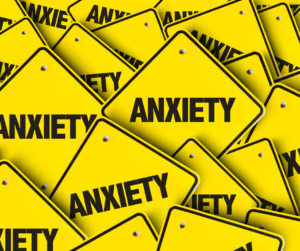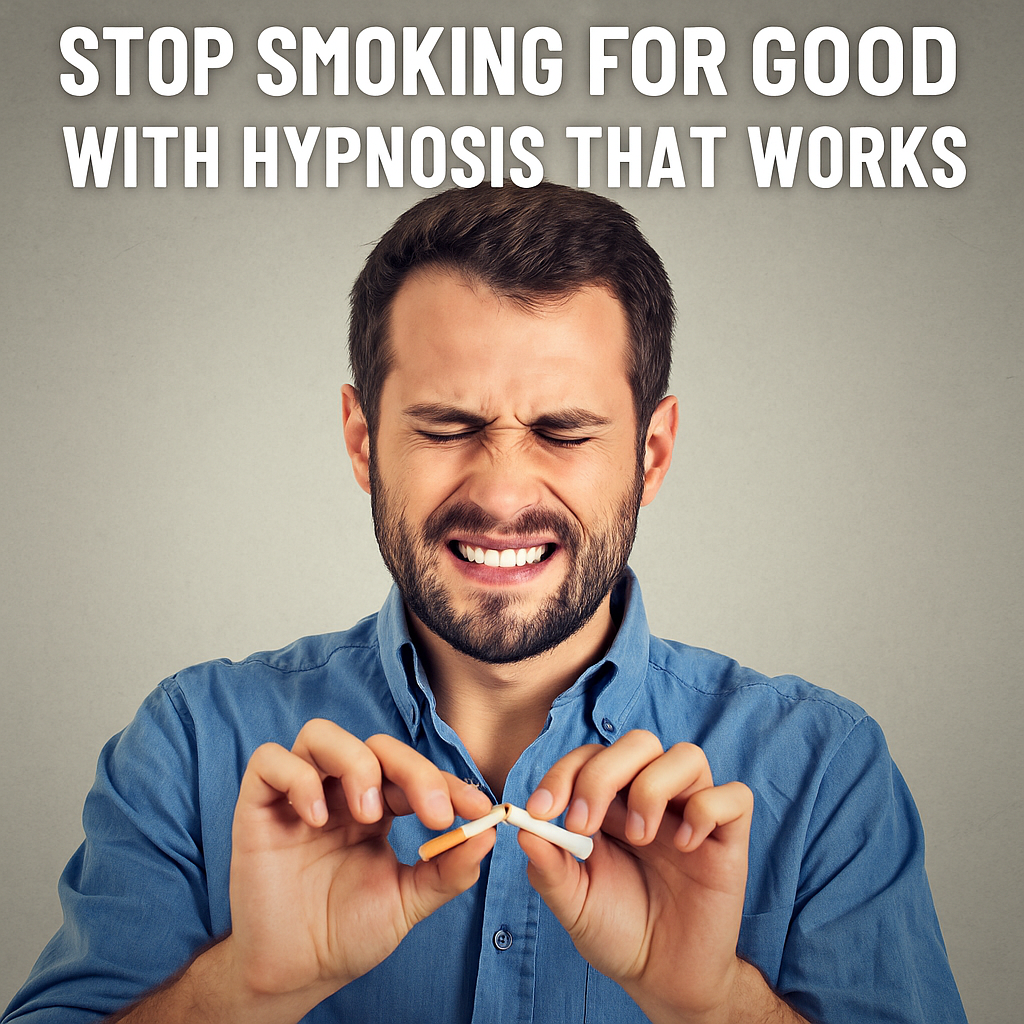Understanding Anxiety Disorder: Symptoms, Types, and Treatment Options
Anxiety is a common human experience that serves as a natural response to stress. However, when feelings of anxiety become excessive, uncontrollable, and persistent, they may indicate the presence of an anxiety disorder. In this comprehensive guide, we’ll delve into the complexities of anxiety disorders, exploring their symptoms, different types, and various treatment options available to manage this challenging condition.
What is Anxiety Disorder?

Anxiety disorder is a broad term that encompasses a range of mental health conditions characterized by intense and persistent feelings of fear, worry, or apprehension. These feelings can significantly impair an individual’s ability to function in daily life and may manifest in various ways, including physical symptoms, cognitive distortions, and behavioral changes.
The symptoms of anxiety disorder can vary widely among individuals and may include: Excessive worry or rumination about specific events, situations, or activities. Feelings of restlessness or agitation. Difficulty concentrating or focusing on tasks. Muscle tension, trembling, or shaking. Rapid heartbeat, shortness of breath, or chest pain. Fatigue or insomnia. Irritability or mood swings. Avoidance of triggers or situations that provoke anxiety.
There are several recognized types of anxiety disorders, each characterized by specific symptoms and triggers:
- Generalized Anxiety Disorder (GAD): GAD is marked by persistent and excessive worry about various aspects of life, such as work, health, or relationships, even when there is no apparent reason for concern.
- Panic Disorder: Panic disorder involves recurrent and unexpected panic attacks, which are sudden episodes of intense fear or discomfort accompanied by physical symptoms such as chest pain, dizziness, and shortness of breath.
- Social Anxiety Disorder: Social anxiety disorder, also known as social phobia, involves an intense fear of social situations or performance situations, where individuals may feel judged, embarrassed, or humiliated by others.
- Specific Phobias: Specific phobias are characterized by irrational and excessive fears of specific objects, activities, or situations, such as heights, spiders, or flying.
- Obsessive-Compulsive Disorder (OCD): OCD involves intrusive thoughts or obsessions, which lead to repetitive behaviors or compulsions performed in an attempt to alleviate anxiety.
Treatment for anxiety disorder typically involves a combination of therapy, medication, and self-care strategies:
- Therapy: Cognitive-behavioral therapy (CBT) is a widely used form of therapy for anxiety disorders. CBT helps individuals identify and challenge negative thought patterns and develop coping strategies to manage anxiety.
- Hypnotherapy: Hypnosis can help individuals identify and reframe negative thought patterns that may be contributing to their anxiety. It can also help build confidence in the ability to manage anxiety, making it easier for individuals to manage stressful situations.
- Medication: Antidepressants, such as selective serotonin reuptake inhibitors (SSRIs) and serotonin-norepinephrine reuptake inhibitors (SNRIs), are often prescribed to alleviate symptoms of anxiety disorder.
- Benzodiazepines may be used on a short-term basis for acute symptoms or panic attacks.
- Self-Care Strategies: Self-care techniques, such as mindfulness meditation, deep breathing exercises, regular exercise, and adequate sleep, can help reduce anxiety symptoms and improve overall well-being.
- Lifestyle Changes: Making lifestyle changes, such as reducing caffeine and alcohol intake, maintaining a healthy diet, and avoiding recreational drugs, can also contribute to managing anxiety symptoms.
Anxiety disorder is a complex and challenging condition that can significantly impact an individual’s life. However, with proper understanding, support, and treatment, it is possible to effectively manage anxiety and lead a fulfilling life.
If you or someone you know is struggling with anxiety, remember that help is available, and you are not alone. Reach out to a healthcare professional or mental health provider to discuss your symptoms and explore treatment options tailored to your needs.
I can help free you from anxiety while significantly boosting your self-esteem. Get a free copy of my program, The Power of Your Unconscious Mind – https://www.practiceamplifier.com/powermind
The post Understanding Anxiety Disorder: Symptoms, Types, and Treatment Options first appeared on Indy Hypnosis Center.



